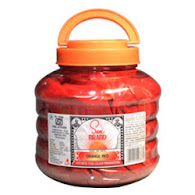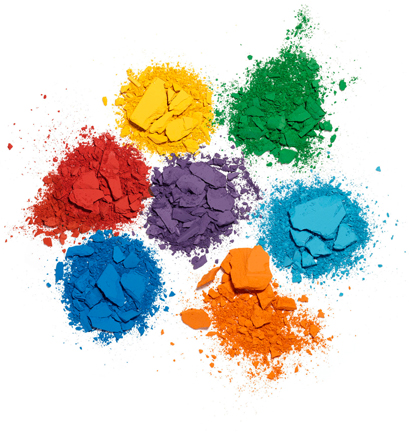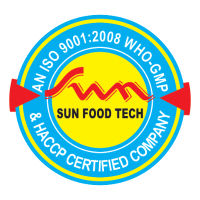Top Manufacturers and Exporters of Blended food colors in India, 8586044281
Blended food colors, also known as composite or mixed colors, are created by combining two or more primary food colors. Primary food colors include red, yellow, and blue, and by blending them in different proportions, a wide range of secondary and tertiary colors can be achieved.
The benefits of using blended food colors in cooking, baking, or food preparation are as follows:
Expanded color options: Blending colors allows for a broader spectrum of shades and hues, enabling chefs and food manufacturers to achieve more visually appealing and diverse food presentations. It enhances the overall aesthetics of dishes, making them more enticing and appealing to consumers.
Customization: By blending colors, it becomes possible to create unique and customized shades that match specific requirements or branding needs. This is particularly useful in culinary competitions, themed events, or when creating signature dishes that stand out.
Natural appearance: Blending colors can help achieve more natural-looking shades. For example, combining red and yellow can create orange hues that closely resemble naturally occurring orange fruits or vegetables. This is advantageous when aiming for realistic visual representation in dishes.
Artistic expression: Blended colors provide a creative outlet for culinary artists to express their imagination and artistic vision. By experimenting with different color combinations, chefs can elevate the visual appeal of their creations and add a touch of artistry to their culinary presentations.
It's important to note that when using food colors, it is recommended to choose natural or food-grade colorants that comply with regulations and safety standards. Additionally, some individuals may have sensitivities or allergies to certain food colorants, so it's essential to be mindful of potential allergenic ingredients and label products accordingly





Comments